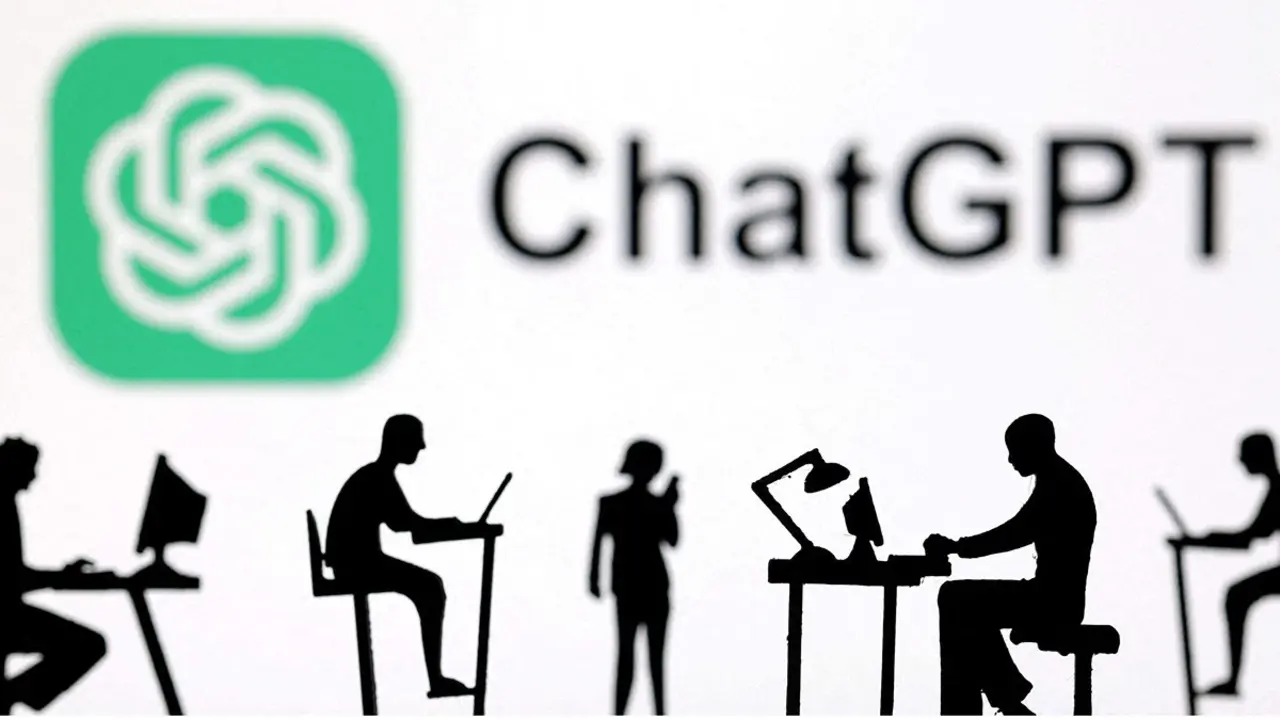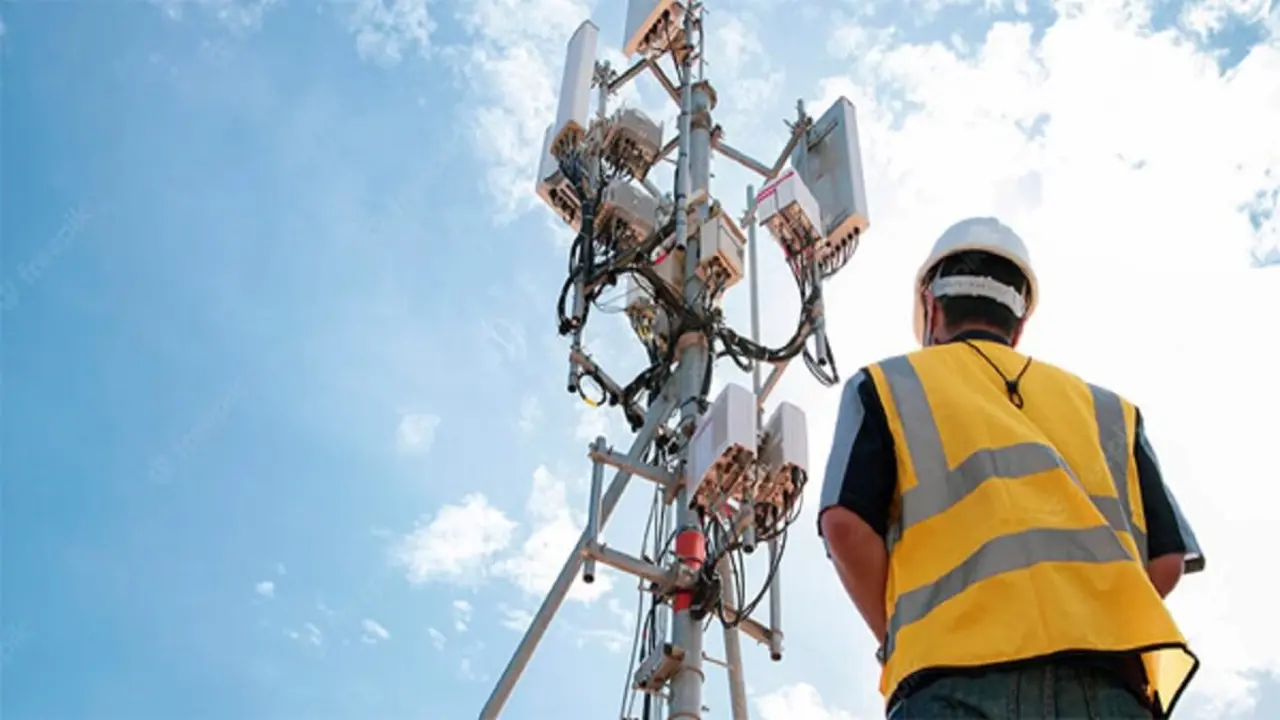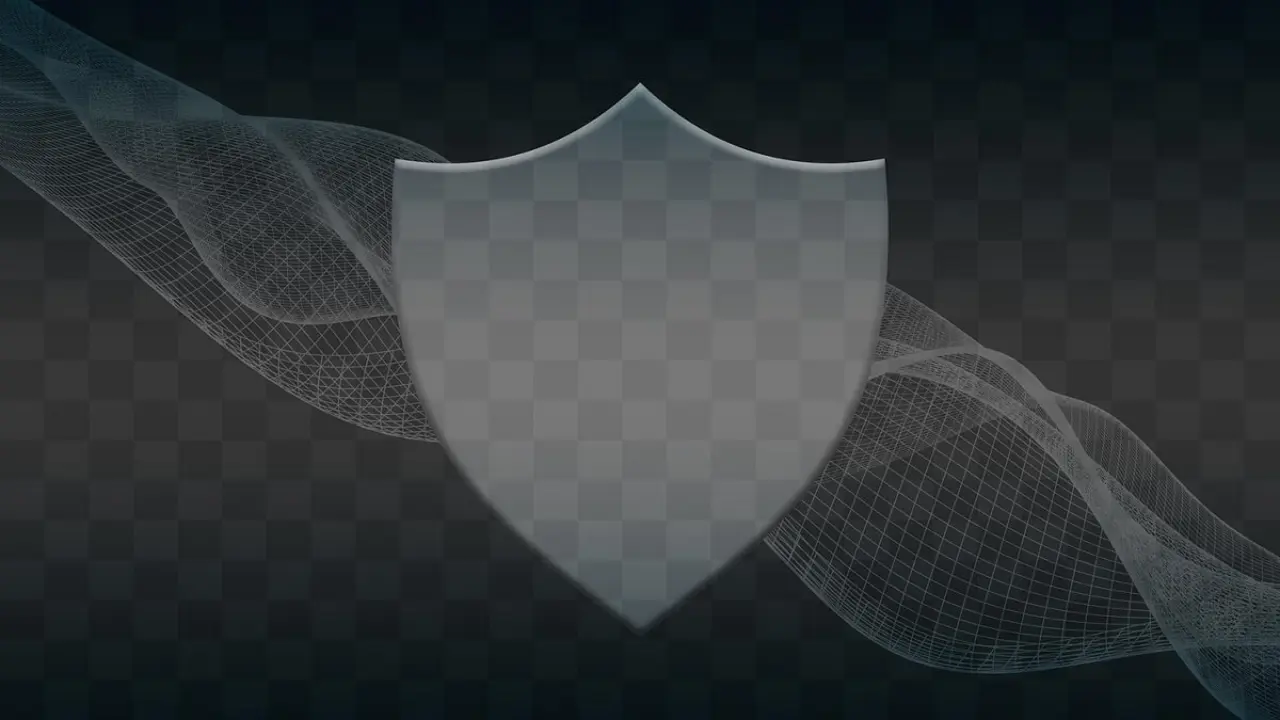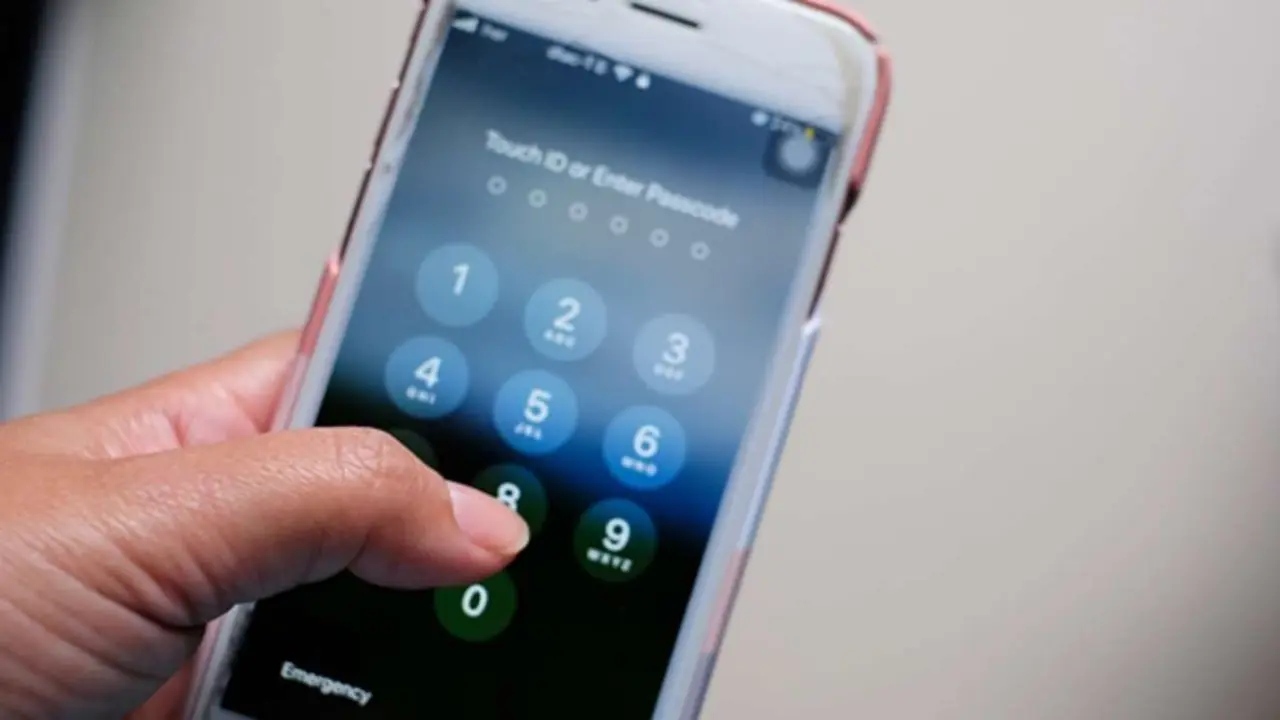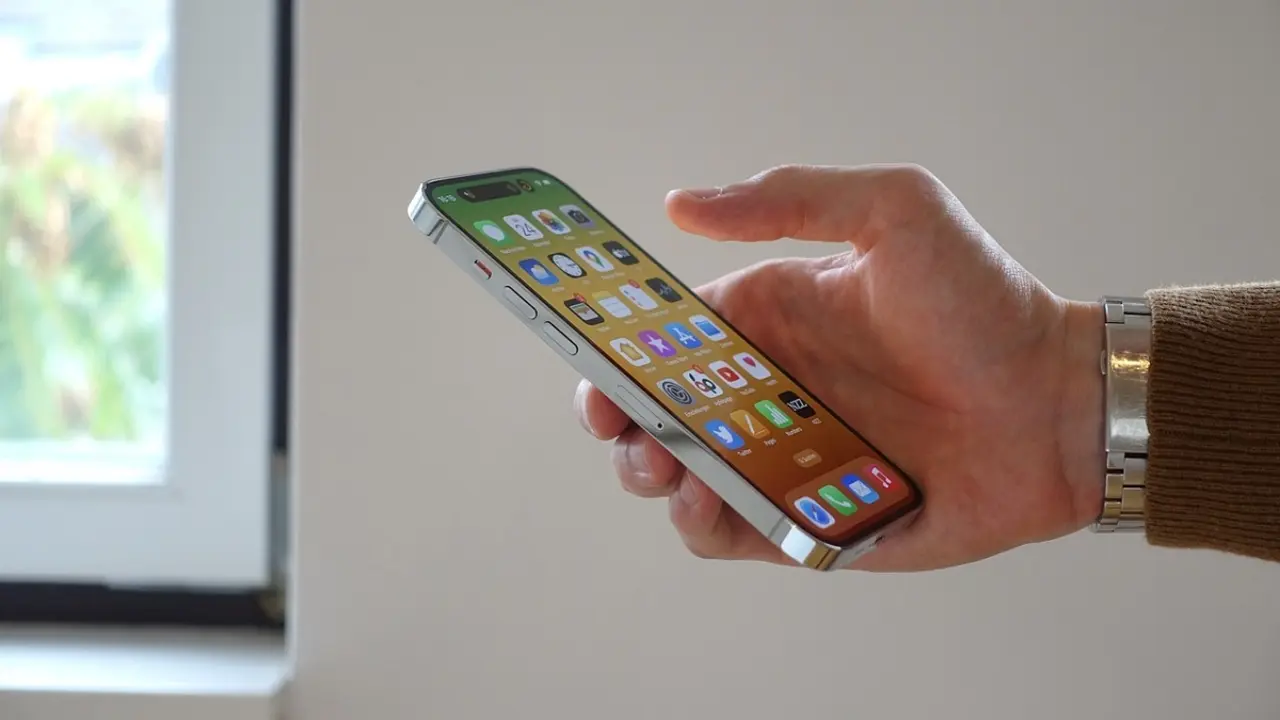The theory about Russia's possible disconnection from the global internet network
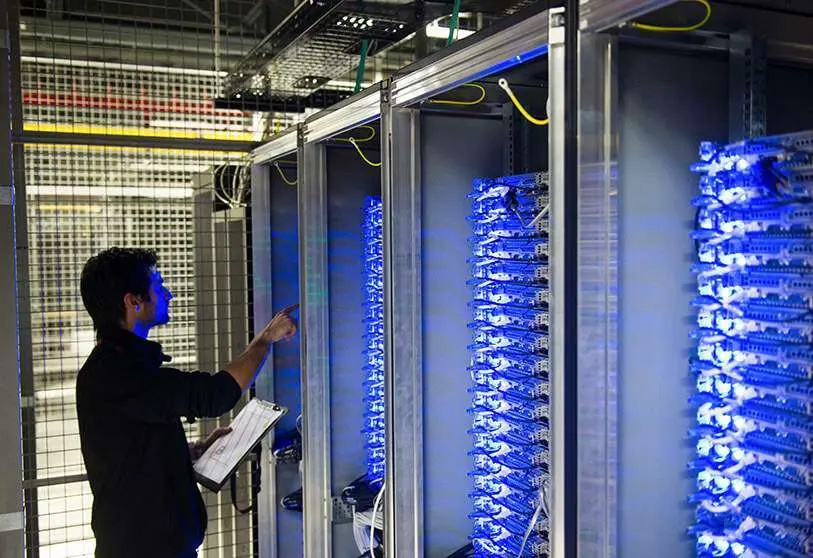
Could Russia completely disconnect itself from the global internet? There is talk of this hypothesis, as since last Friday several government websites have been disconnected from global cyberspace in the wake of Russia's invasion of Ukraine.
Since the Russian offensive on Ukrainian territory began, under the pretext of Vladimir Putin's government to "denazify" and "demilitarise" Ukraine and with the aim of protecting the nation from the supposed military threat of the West and NATO on Russia's borders, there has been talk that the Russian country could implement an exit from the World Wide Web.
On Monday, messages appeared from Deputy Minister of Digital Development Andrei Chernenko instructing government entities to relocate all their networks nationwide by Friday. This raised many doubts and the Kremlin eventually denied that the ultimate aim was to isolate Russian cyberspace from the rest of the world.

What the Russian government could do now is to control the network through domestic computer servers. In 2019, the RuNet system was approved, which allows the internet to function within the nation, but directs data traffic through its own computer servers under state supervision. In this way, the government can decide what can and cannot be accessed on the internet and thus veto the consultation of foreign websites, something similar to what happens in China.
According to various media outlets such as the newspaper El País, among the measures indicated by Andréi Chernenko would be to effectively host everything on Russian computer servers, delete from their websites all JavaScript code obtained from external sources and change their addresses to servers with the Russian domain name system (DNS). It is this system that makes it possible to translate the alphanumeric codes of each website into readable names that can be typed in the corresponding web browser. In the case of a desire to disengage from the global internet, what is needed is a DNS of one's own, and this has led to uncertainty about Russia's intentions. According to the Russian media Kommersant, the Russian government has ordered to "abandon foreign hostings", to make use of .ru addresses and to effectively start using DNS servers located in Russia. It was therefore ordered that state websites must stop using resources located on foreign servers, from banners and counters to JavaScript code, which excludes the use of tools such as Google Analytics. Here the Chinese communist regime's model differs from the Russian one because the Asian giant proposes a system of numerous filters to control what can and cannot be accessed instead of a disconnection as such from the global internet network.

Thus, Russia has been able to completely disconnect itself from the global internet for a few years now, although it has not yet done so, and with this manoeuvre, the nation led by Vladimir Putin could avoid the threat of external cyber-attacks by having its own internet network shut down.
The first steps to avoid unwanted information by the Russian government have also been taken with the announcement on Friday of the blocking of access to Instagram, in reaction to the parent company of this social network, Meta, which decided to relax its rules on violent messages aimed at the Russian army and Russian leaders. The Russian prosecutor's office called for the internet giant to be classified as an "extremist" organisation and for access to Instagram to be blocked in the country. The company Meta also controls Facebook and WhatsApp.

What Vladimir Putin's government did in 2019 is to implement a "law on a sovereign internet", which, according to analysts, "creates a legal framework for centralised state management of the internet within Russia's borders". However, implementation is expected to be very complex.
The global infrastructure of the internet makes such a process difficult. Andrew Sullivan, CEO of the Internet Society, explained that "disabling the internet tends to be much harder than one would think once you create a resilient internet infrastructure". Meanwhile, Paul Barford, a professor at the University of Wisconsin-Madison, noted at the time that the consequences of such a shutdown are unpredictable and that "there could be catastrophic failures anywhere". "Every website is made up of 1,000 different things. If you're running a website in Russia, you'd have to know where each one comes from," said specialist Andrew Blum, as reported by Xataka.
The Russian daily Kommersant reported that tests carried out with RuNet in 2021 have already caused problems: "Users of major gaming and streaming services, including World of Tanks, Twitch, FlashScore and BitTorrent, began to experience access difficulties". Although it has been noted that "companies and telecom operators attribute the problems to the blocking of VPN services that Roskomnadzor, Russia's Federal Service for Supervision of Telecommunications, Information Technologies and Mass Media, initiated", as reported by Xataka.

For its part, the Ministry of Digital Development of the Russian Federation denied Russia's total disconnection from the global internet network. In a message carried by the Interfax news agency, ministry officials said that "Russian websites are continuously under attack by foreign cyber-attacks" and that "various scenarios are being prepared to ensure the availability of Russian resources". "There are no plans to disconnect from the internet," the Russian Ministry of Digital Development said.

